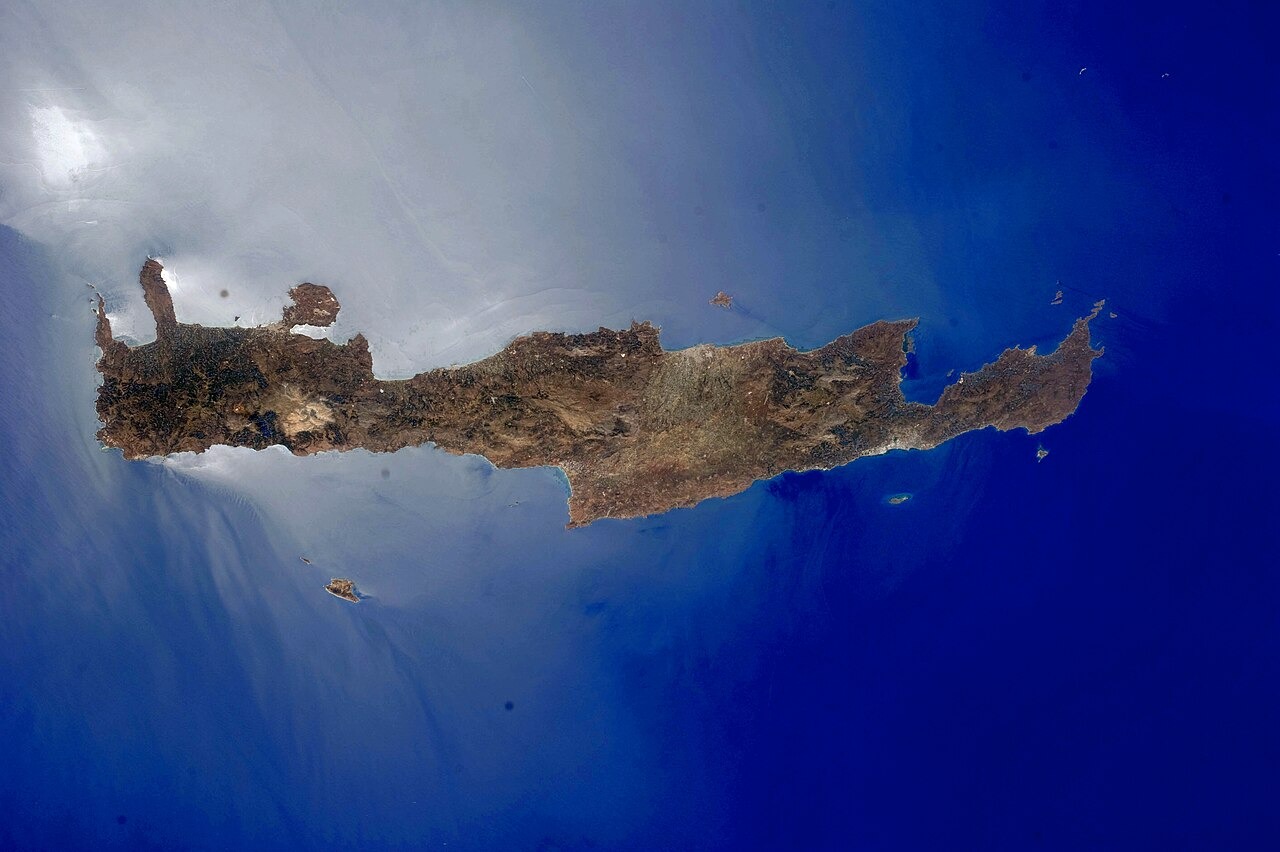
Crete is more than a destination - it’s a journey through time, myth, and Mediterranean soul.
The island of Crete is the largest of the Greek islands and the fifth-largest island in the Mediterranean. Rich in history, culture, and natural beauty, Crete is a destination that offers something for every traveler.
Quick Facts
- Location: Southernmost of the Greek islands, between the Aegean and Libyan Seas
- Size: ~8,336 km² (5th largest island in the Mediterranean)
- Capital: Heraklion
- Regions: Chania, Rethymno, Heraklion, and Lasithi
Why Visit Crete?
1. Ancient History & Mythology
- Knossos Palace: The heart of Minoan civilization, tied to the myths of King Minos, the Labyrinth, and the Minotaur.
- Archaeological Museums: Especially in Heraklion, showcasing treasures like the Phaistos Disc and Minoan frescoes.
2. Stunning Landscapes
- Samaria Gorge: One of Europe’s longest and most beautiful gorges.
- White Mountains (Lefka Ori): For hiking and wild nature.
- Beaches: From the pink sands of Elafonissi to the exotic lagoon of Balos and the untouched serenity of Falassarna.
3. Charming Towns & Villages
- Chania: Venetian harbor, narrow alleys, and a romantic old town.
- Rethymno: A blend of Renaissance and Ottoman charm.
- Archanes & Kritsa: Authentic inland villages with local traditions.
4. Cretan Cuisine
- Olive oil, mountain herbs, goat cheese, and fresh seafood define Crete’s Mediterranean diet—often considered the healthiest in the world.
- Don’t miss: Dakos, Antikristo lamb, Raki, and Cretan wine.
5. Cultural Experiences
- Traditional festivals, music, and dance
- Olive oil tastings, vineyard tours, and cooking classes
- Local crafts: pottery, weaving, and knife-making
Whether you're a history buff, nature lover, foodie, or beach enthusiast, Crete is more than a destination—it’s a journey through time, myth, and Mediterranean soul.
